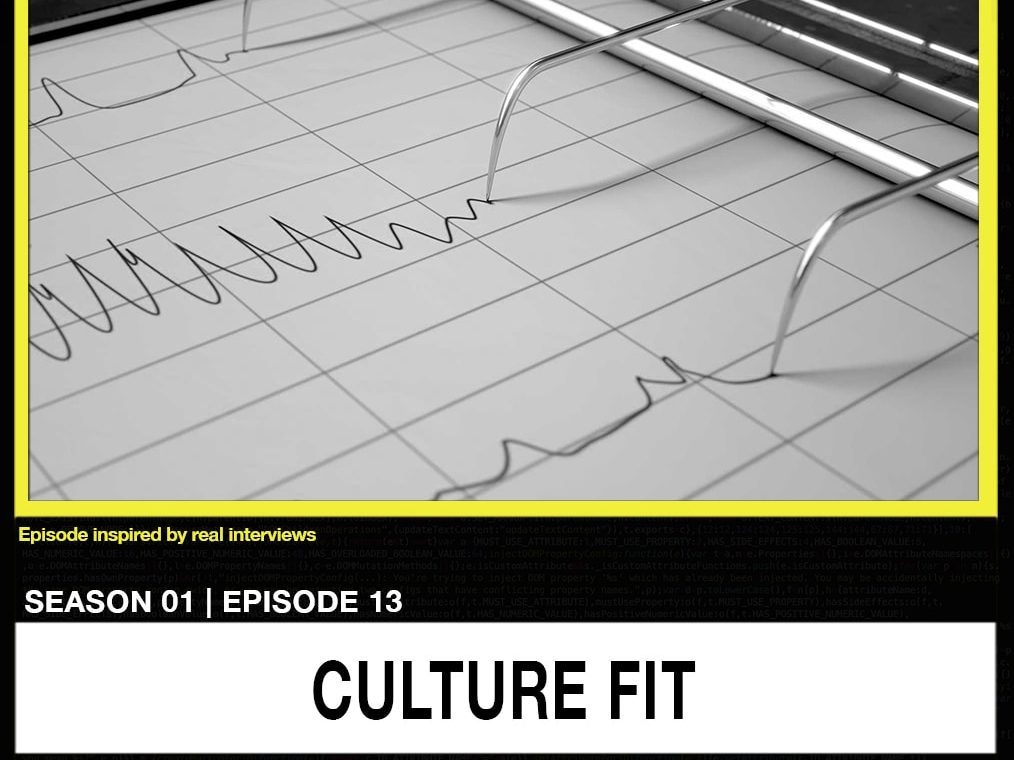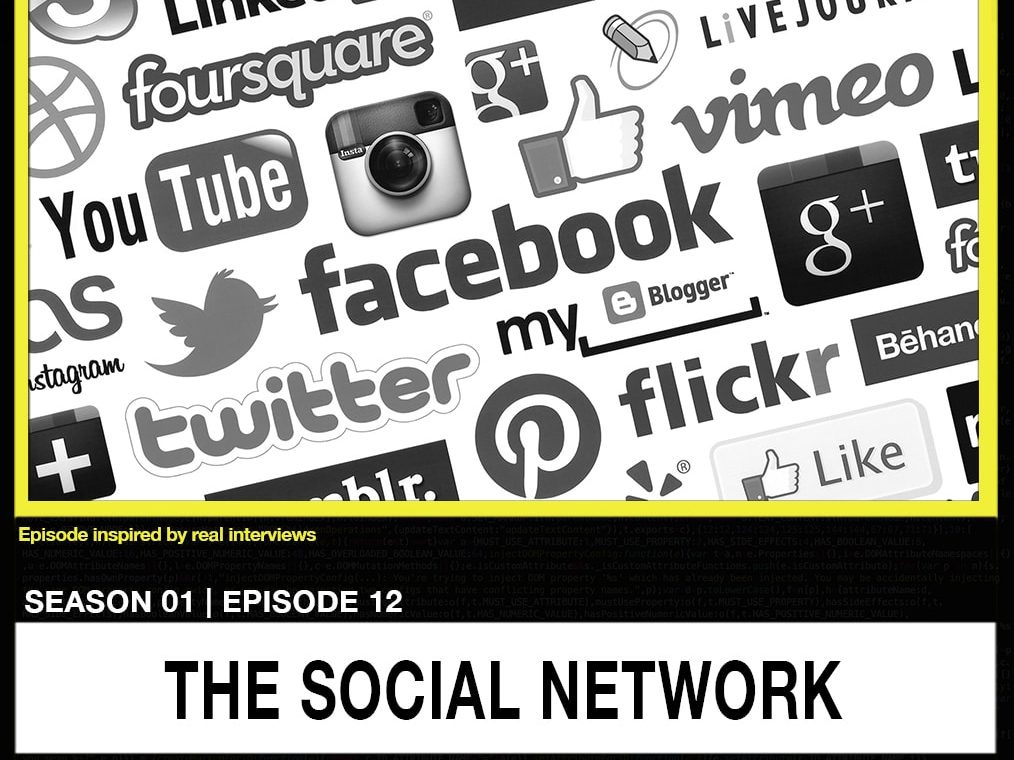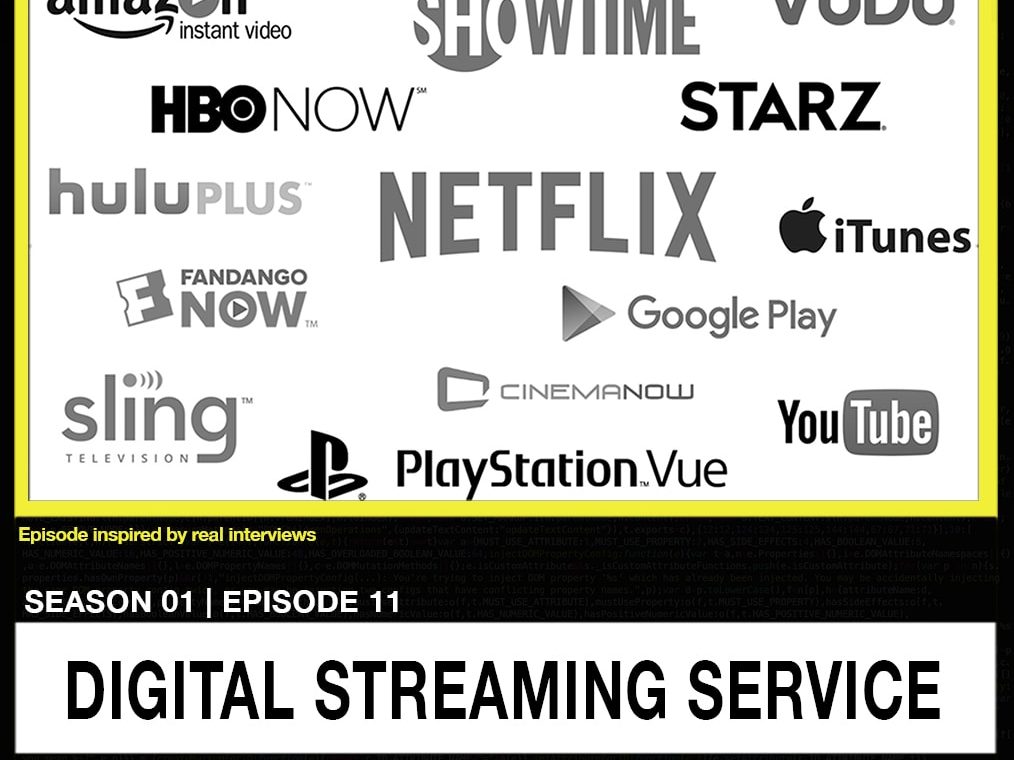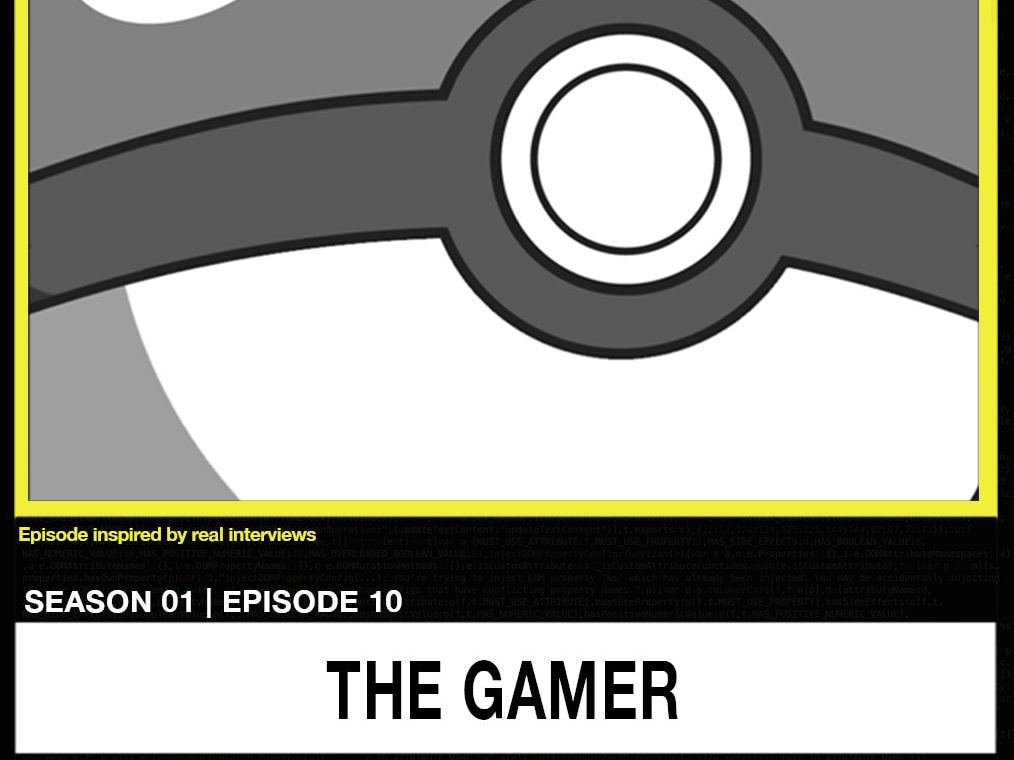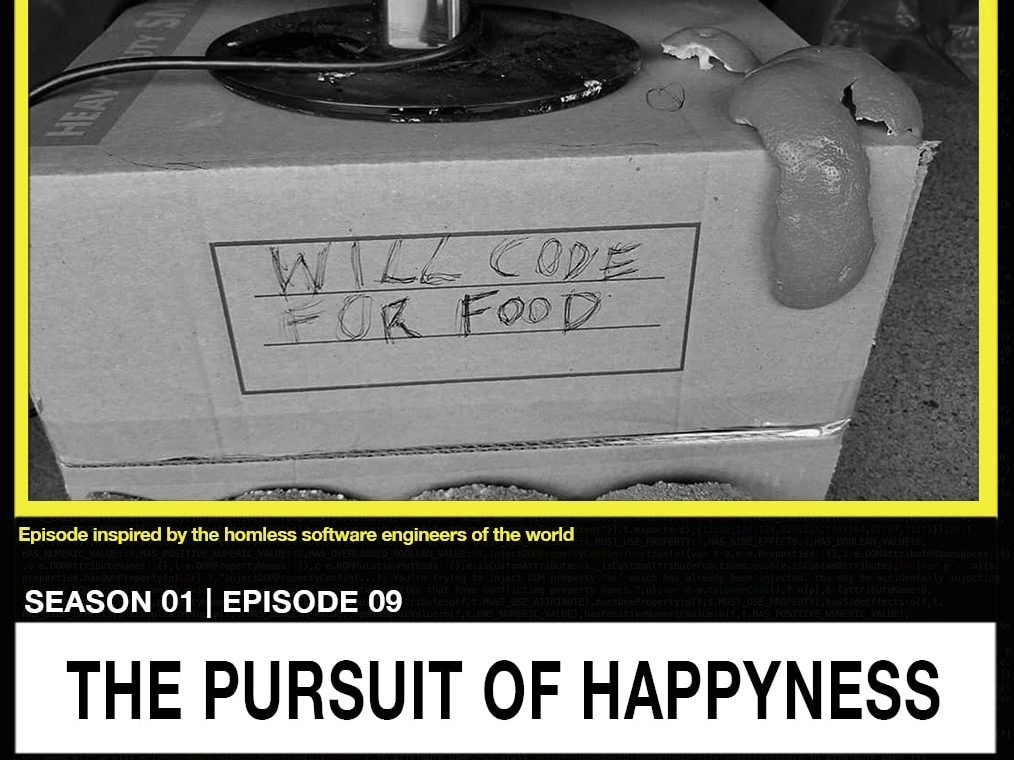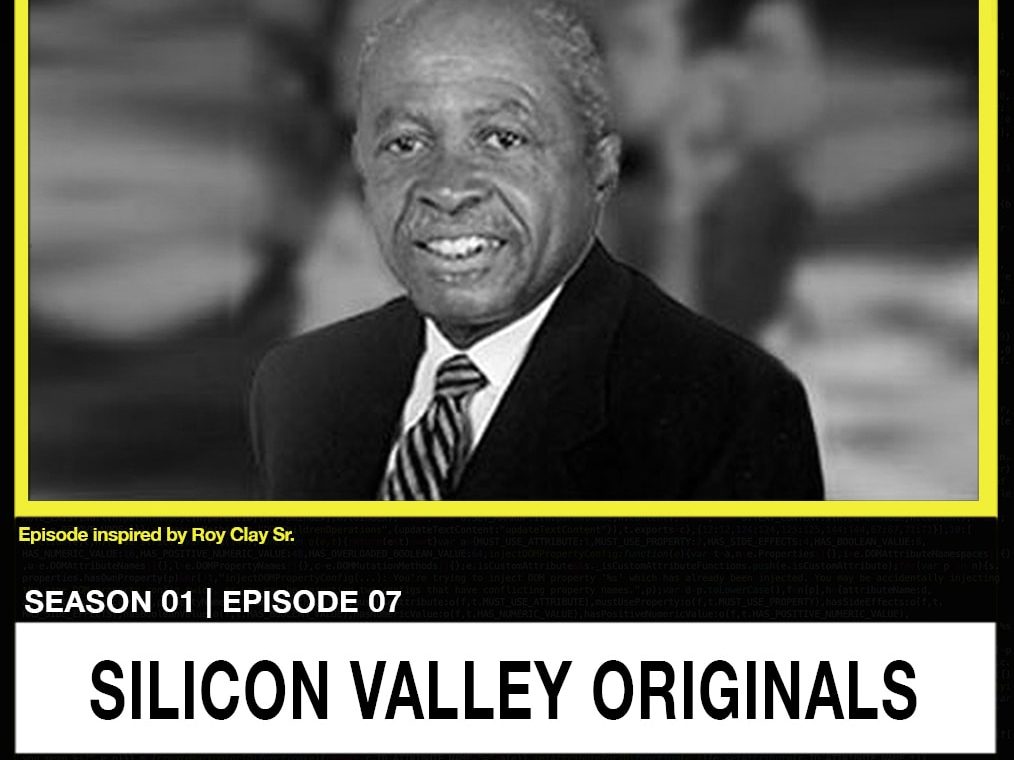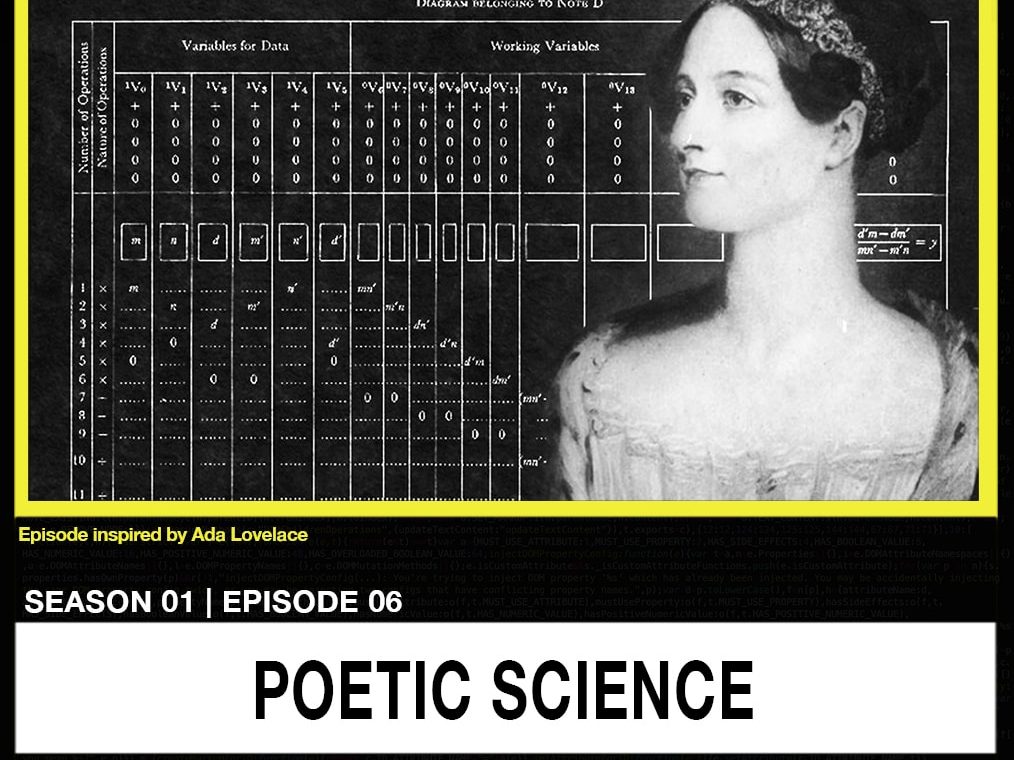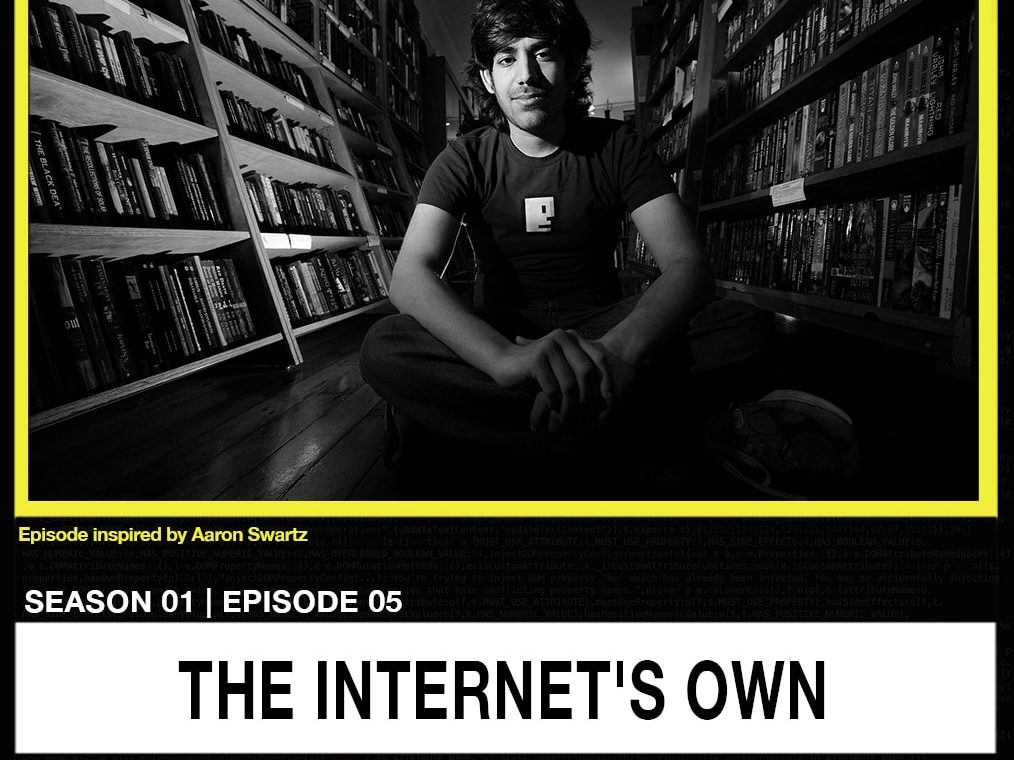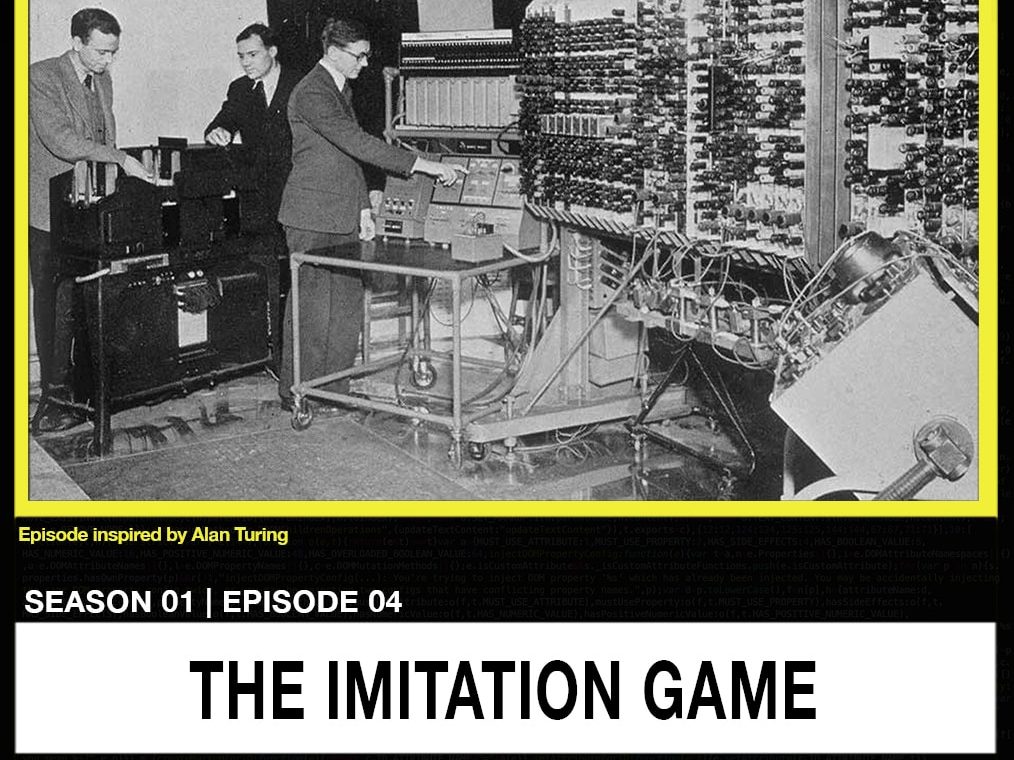- byMike Kureth
- 2 years ago
Contestants answer behavioral and situational based questions while connected to a polygraph machine. The winner is decided by votes from the audience based on personal preference unrelated to the contestants’ skill and ability.
- byMike Kureth
- 2 years ago
Contestants diagram and detail the architecture for a social network similar to Facebook which includes deep knowledge across many disciplines of software engineering and architecture.
- byMike Kureth
- 2 years ago
Contestants diagram and detail the architecture for a digital streaming service similar to Netflix, Disney+, and Amazon Prime which includes deep knowledge across many disciplines of software engineering and architecture.
- byMike Kureth
- 2 years ago
Contestants diagram and detail the architecture for a game similar to Pokémon Go which includes deep knowledge of mobile application development, site reliability engineering, database architecture, user experience design, and more.
- byMike Kureth
- 2 years ago
Inspired by the many homeless software engineers in Los Angeles and San Francisco. Contestants, all homeless or formerly homeless, write an algorithm of a self-driving vehicle as the core mechanic behind a ways based map application.
- byMike Kureth
- 2 years ago
Inspired by Julian Assange, known for creating WikiLeaks and hacking government, educational, and corporate networks. Contestants, all reformed hackers, write algorithms to hack data from unknown sources before optimizing for archival.
- byMike Kureth
- 2 years ago
Inspired by Roy Clay Sr., known as the "Godfather of Silicon Valley" who wrote software to simulate how particles spread after an atomic explosion. Contestants, all with startups, write the core algorithm for particle generation.
- byMike Kureth
- 2 years ago
Inspired by Ada Lovelace, known as "the first computer programmer;" daughter of poet, Lord Byron; and mathematician physicist, Lady Byron. Contestants, all musicians and poets, write a program to rhyme phrases and create syllabic stanzas.
- byMike Kureth
- 2 years ago
Inspired by Aaron Swartz, the child computer prodigy who advocated for information to be free. Contestants, all child prodigies, write an algorithm to catalog large sets of data with indexing and search functionality.
- byMike Kureth
- 2 years ago
Inspired by Alan Turing, the cryptanalyst who solved Enigma, the device used by the German military command to encode strategic messages. Contestants, all war veterans, write an algorithm to encrypt and decrypt a complex set of messages.
- 1
- 2

